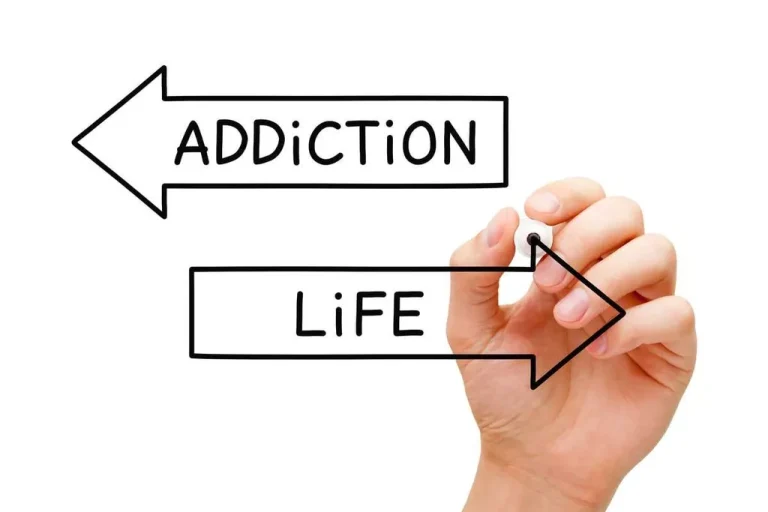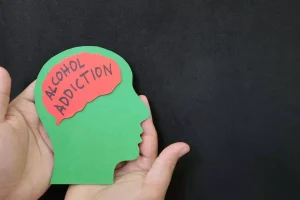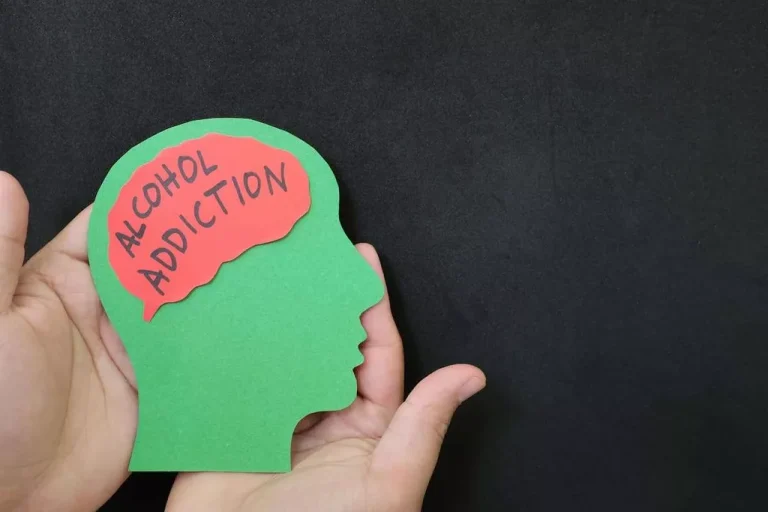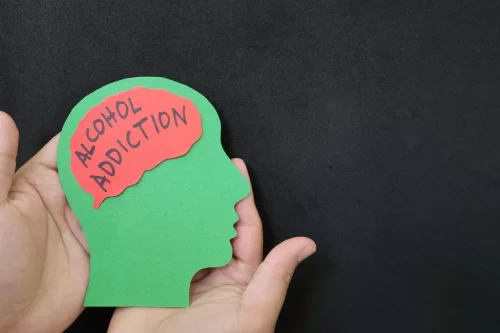
Without the right level of this hormone, your kidneys store less water and put more into your bladder for urination. In Substance abuse Asian households, the importance of gentle start-ups in couples’ communication becomes evident when considering the cultural dynamics at play. While directness and bluntness have their place, employing a gentle approach can foster understanding, reduce defensiveness, and facilitate healthy conflict resolution.

Alcohol can lead to frequent urination at night
If you think your drinking may be impeding your sleep or overall quality of life, speaking to your doctor or therapist is a great first step. While a drink now and then may have a sedative effect that causes you to drift off faster, research can alcohol help you sleep shows that it can impede sleep quality in the long run. Drinking to fall asleep regularly can build up a tolerance to alcohol, gradually lessening booze’s ability to help you drift off, according to the National Sleep Foundation.

How to sleep better after drinking alcohol
“Prioritise a consistent sleep routine by going to bed and waking up at the same time each day, and engage in light-exposure therapy during the daylight hours to help regulate the circadian rhythm after disrupted sleep,” recommends Sharma. Avoid consuming alcohol close to bedtime, as it can disrupt the later stages of sleep. Aim to finish your last alcoholic beverage at least 3–4 hours before your desired bedtime. One of the most significant impacts of alcohol on sleep is fragmentation, particularly in the latter half of the night. As the body metabolizes alcohol, it leads to more frequent awakenings, resulting in choppy, low-quality sleep. Alcohol’s diuretic effect often exacerbates this fragmentation, increasing the need for nighttime bathroom visits and further disrupting sleep continuity.
Even moderate drinking can lead to undesirable sleep side effects.
- People who typically snore or who have obstructive sleep apnea tend to display more severe snoring and lower blood oxygen levels after drinking alcohol, especially when they drink close to bedtime.
- Alcohol may also exert some of its effects on sleep by influencing the circadian rhythm.
- “You’re likely to feel fatigued, sluggish, and mentally foggy due to disrupted sleep and dehydration,” says Sharma.“Alcohol can also cause headaches, dizziness, and a dry mouth due to fluid loss.
Knowing she needed to function at her best while caring for patients at night, she spent a lot of time researching how to sleep well with a difficult schedule. Alcohol can contribute to dehydration, which can further disrupt sleep quality. Make sure to drink plenty of water before, during, and after consuming alcohol.
How Bedroom Temperatures and Bedding Choices Impact Your Sleep

The rightpanel (KC-) show the result of averaging responses not including K-complexes. They are certified sleep coaches and medical professionals who volunteer their knowledge and experience to help others sleep better here on our site. Please review our latest sleep expert articles below, and feel free to post your comments also. Develop a bedtime routine that signals to your body it’s time to wind down. Try dimming the lights, turning off electronic devices, and relaxing by reading or taking a warm bath. A comfortable mattress and pillows can also encourage better, more relaxing sleep without the need for alcohol to help you wind down.

Alcohol Affects Levels of Adenosine and Sleep Homeostasis
- During sleep, the body cycles through all of these stages every 90 to 120 minutes, with NREM sleep dominating the first part of the night and REM increasing during the second part of the night.
- People with alcohol in their systems are also generally harder to wake, which means that they’re less likely to experience “arousals” that help them recover from OSA- and CSA-related pauses in breathing.
- For some of us, the relaxation gained from sipping a fine single malt in front of a roaring fire can outweigh the possible effects of the alcohol later that night, given that relaxation before sleep will improve your sleep.
Two studies have evaluated sleep evoked responses in abstinent long-termalcoholics. Nicholas et al. (2002) studied 7abstinent long-term alcoholic men meeting DSM – IV criteria for alcohol dependenceand 8 normal control men. Alcoholics were less likely to generate a K-complex in responseto a tone than matched controls. The alcoholic group also showed a significantly smalleramplitude N550 component at a frontal site compared with controls; however, the latency ofthe component did not differ between the groups. The P2, N350 and P900 components measuredat Cz showed no group differences for amplitude or latency. The apparently delayed melatonin rhythms are in contrast to the single studyshowing evidence of an advanced body temperature rhythm early in withdrawal (Kodama et al. 1988), although this was more pronounced inalcoholics with comorbid depression.
Alcohol is Bad for Sleep Cycles
Recentwork has https://ecosoberhouse.com/ identified an important role for GABAergic interneurons that act to facilitate theREM-off process (McCarley 2011). It is, therefore,plausible, that alcohol could influence this REM-off process through its effects on GABA,leading to the suppression of REM sleep in the short-term. In a larger study, Colrain et al. (2009)studied 42 abstinent long-term alcoholics (27 men) and 42 controls (19 men). As in theprevious study (Nicholas et al. 2002), alcoholicswere significantly less likely to produce K-complexes than controls.